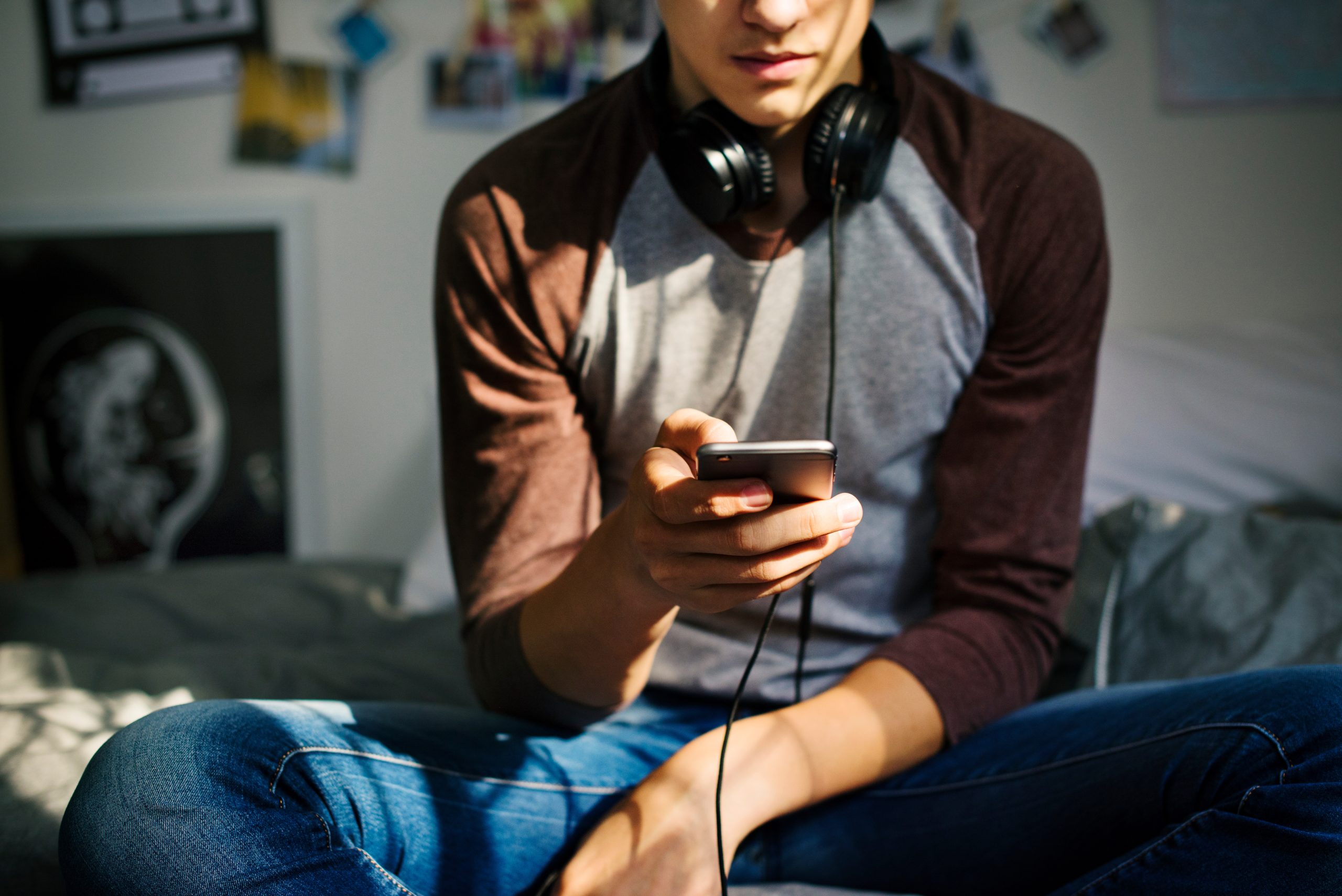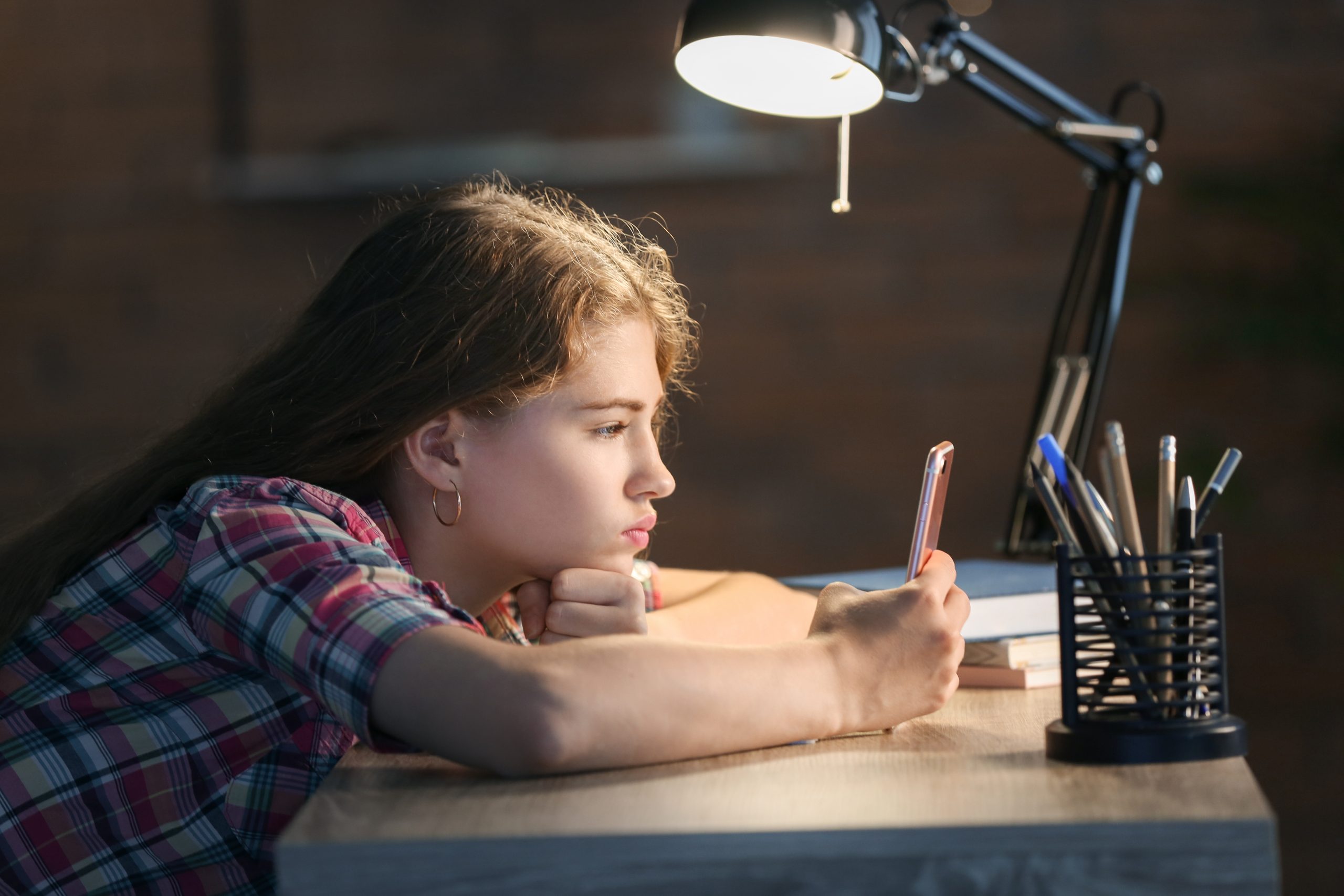- Gary Groves - CEO, ReachOut
Young people in Australia are highly connected, with most having access to some sort of digital device. While there are many benefits to being connected, such as keeping in touch with friends and finding community online, constant connectivity can also bring challenges—especially when it comes time to switch off and get some rest.
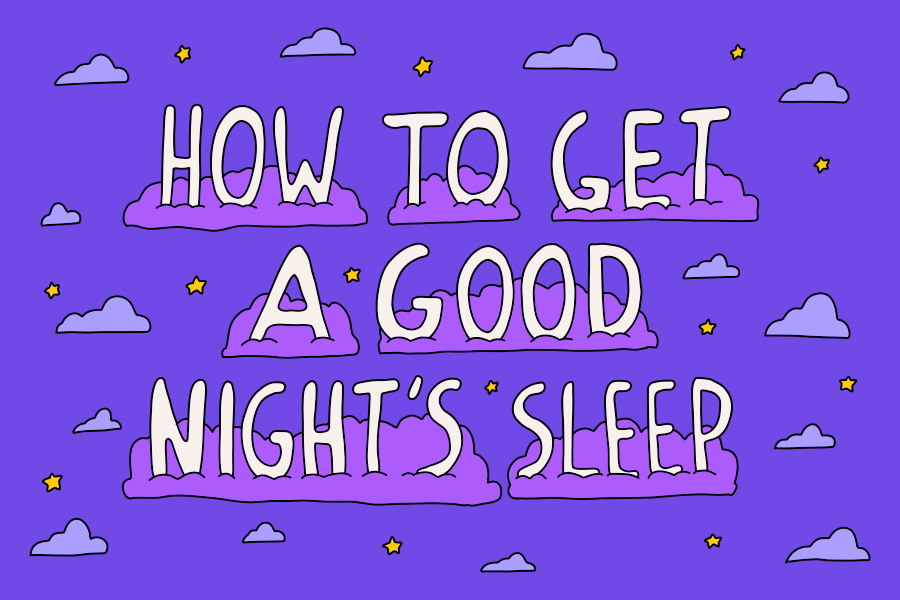
Sleep does more for you than just help you to recover from your day. Getting a good night’s sleep is important for your overall mental, emotional and physical health, but sometimes screen time can interfere with your precious shut-eye.
Telstra’s new Australian Youth Digital Index—a research project exploring the intersection of young people’s lives and digital technologies—has found that while over half of young people surveyed (55%) feel they’ve achieved a healthy balance between their online and offline worlds, for nearly two in five, being online is negatively affecting their sleep.
But it’s not just young people’s sleep that can be impacted by screen time. The temptation of tech can make sleep difficult for anyone. If you’re struggling to get a good night’s sleep, here are some tips to help you fall (and stay) asleep more easily.
Adopt a nightly routine, and follow it
The small actions you take that make up your pre-bed playbook can help you wind down and get a good night’s sleep. Focus on creating a calming and relaxing environment to reinforce in your mind that it’s time to unwind and get ready for bed. You might listen to soft music, meditate, read a book, drink warm tea, have a hot bath or shower or try other self-care strategies. The more relaxing, the better. Try this simple deep breathing exercise to help you relax: inhale through your nose for seven seconds. Hold for four. Then exhale slowly through your mouth for eight seconds. Then repeat.
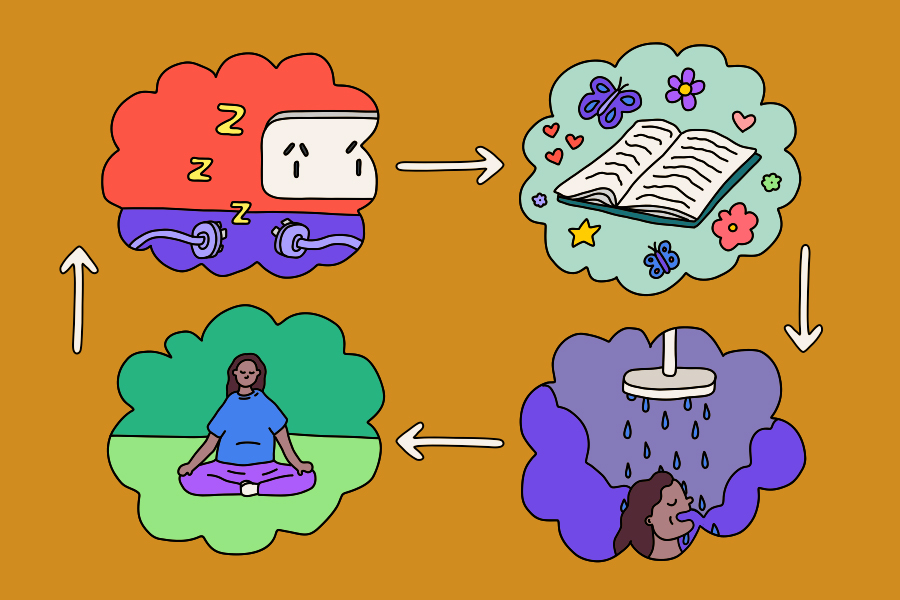
Unplug from electronics
Turning off notifications for certain apps, or better yet, switching your phone to “do not disturb” mode when it’s getting closer to bedtime can help break the cycle of mindless scrolling. Another way to curb this temptation is to turn your phone screen to grayscale. There’s no denying that TikToks and Reels lose some of their allure in black and white. For an even bigger challenge, you could consider leaving your phone in a different room overnight. And if you do find yourself reaching for your phone before bed, try to avoid overstimulating content and stick to one screen at a time, to prevent digital multitasking from overloading your mind.
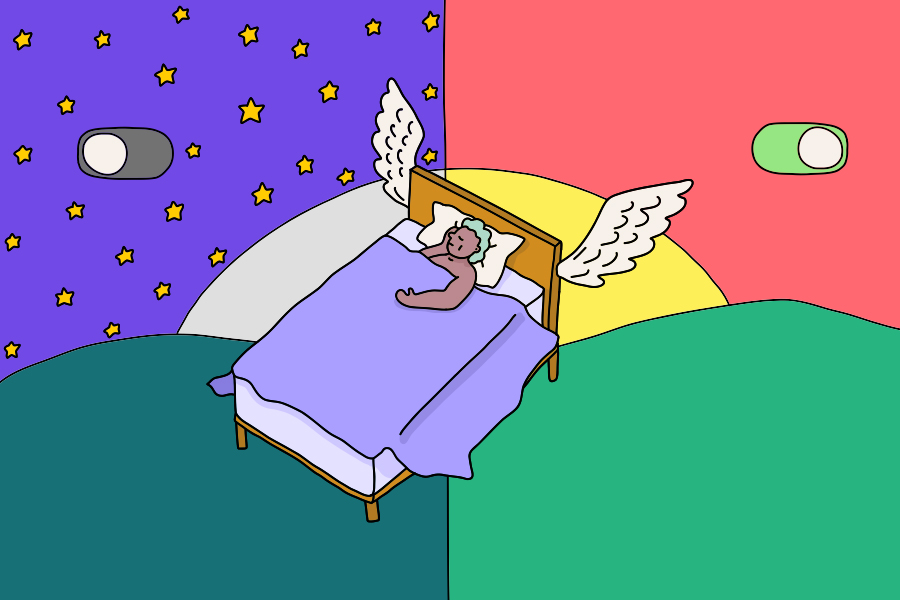
Set up the ultimate sleep sanctuary
Investing in your sleep sanctuary can promote healthy habits and improve the overall quality of your sleep. Make sure the room temp is just right, block out any unwanted light and drown out any background noise. You might also try using essential oils like lavender and rose to create a more relaxing space. And remember, beds should only be for sleeping. It can be tempting to study, work, snack and scroll in bed but this can make it harder to relax come bedtime. Your brain should associate bed with sleep and sometimes that takes a little training.
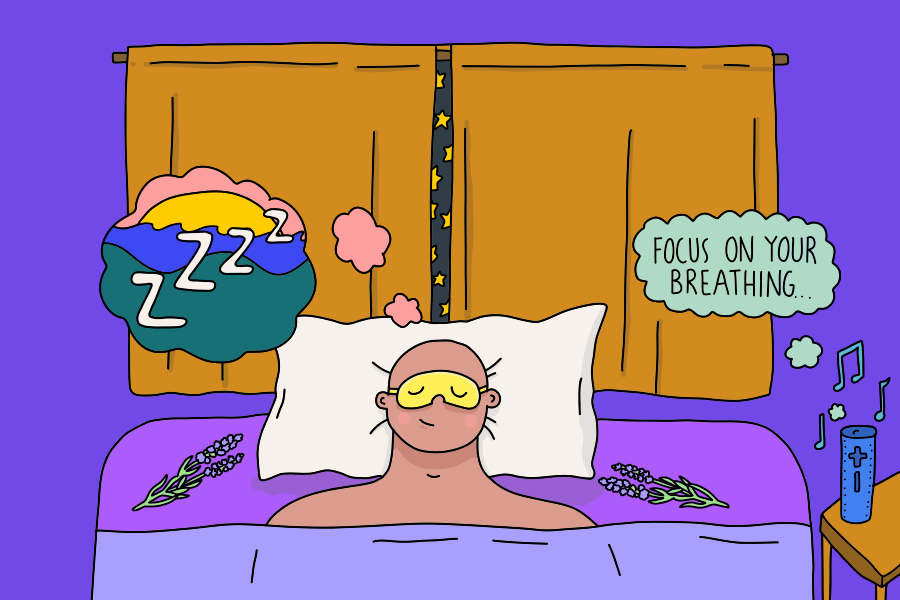
Build healthy habits
It’s not just what you do in the lead-up to bedtime that can improve your sleep, what you do throughout the day can mean the difference between a restless and restful night’s sleep. Getting active and doing regular exercise first thing in the morning can help tire your body out, preparing it for sleep at the other end of the day. And avoiding things like caffeine, alcohol and nicotine, especially in the lead-up to bed can help prevent disruptive sleep.
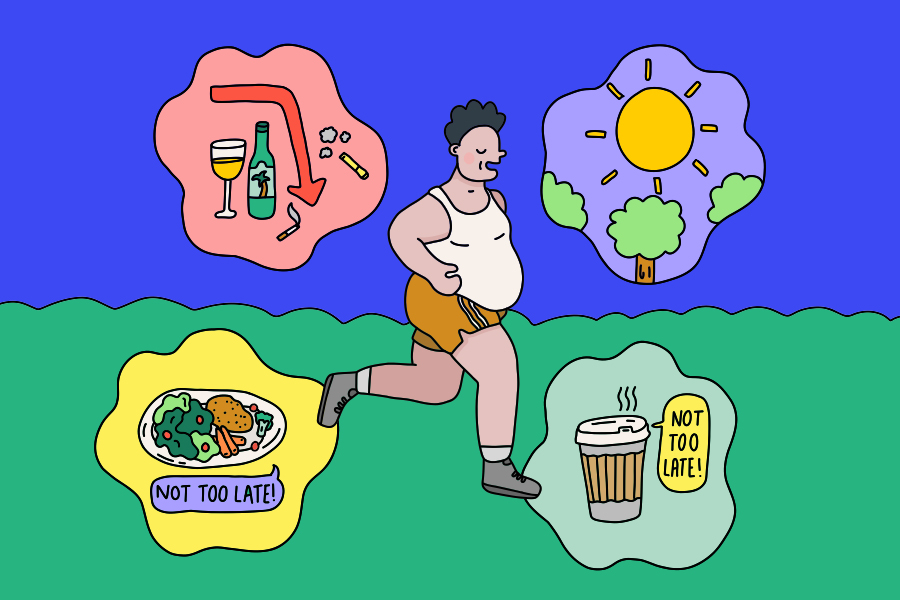
While Telstra’s new report highlights the clear benefits of technology for society, particularly for young people, it also identifies a key issue—screens and sleep don’t mix. By following these tips and improving your sleep hygiene you can get the rest you need to manage everyday stress and your mental health and wellbeing.
Notes
Check out the full report here – Telstra’s Australian Youth Digital Index and head to ReachOut for more mental health and wellbeing tips.
Gary Groves is CEO at leading digital youth mental health service, ReachOut.
